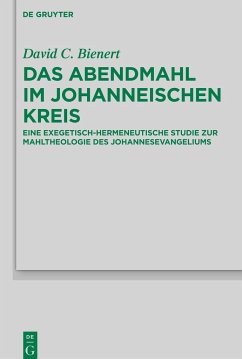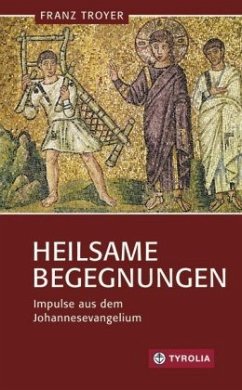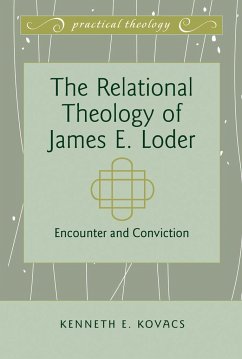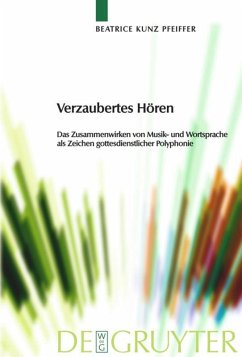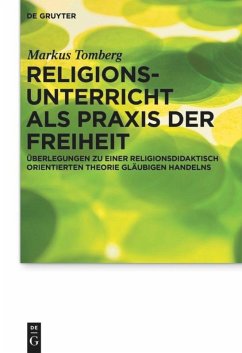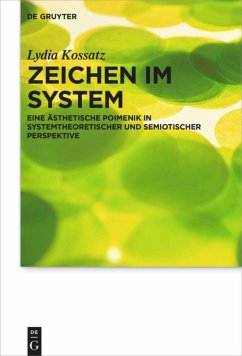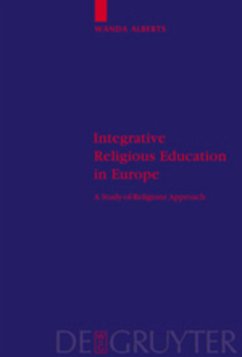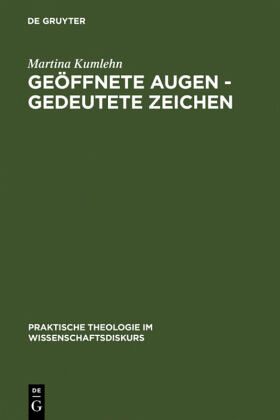
Geöffnete Augen - gedeutete Zeichen
Historisch-systematische und erzähltheoretisch-hermeneutische Studien zur Rezeption und Didaktik des Johannesevangeliums in der modernen Religionspädagogik

PAYBACK Punkte
0 °P sammeln!
Martina Kumlehn undertakes the first study of the chequered history of the reception accorded to St Johnâ??s Gospel in 20th century conceptions of religious education; in five individual studies she describes an arc from liberal religious education to symbol didactics. The sixth study proposes its own approach to bible didactics which engages with Paul Ricoeurâ??s narrative theory to take up the particular narratology of St Johnâ??s Gospel and reflect on it didactically. Placed within the area of conflict between phenomenology and semiotics, St Johnâ??s Gospel is presented as a school of perception and a catalyst for pluralist readings.
Martina Kumlehn rekonstruiert erstmals die wechselvolle Rezeption des Johannesevangeliums in religionspädagogischen Konzeptionen des 20. Jahrhunderts. Fünf Studien orientieren sich an den großen Entwicklungslinien der Disziplin von der liberalen Religionspädagogik bis zur Symboldidaktik, zeigen jedoch anhand dieses besonderen Fokus, wie komplex sich die Disziplingeschichte darstellt, wenn theologiegeschichtliche Kontexte differenziert wahrgenommen werden. In einer sechsten Studie rekonstruiert die Autorin die narrative Theorie Paul Ricoeurs im Kontext seiner Hermeneutik und seiner Metapherntheorie, erprobt das Modell dreifacher Mimesis und überkreuzter Referenz von Geschichts- und Fiktionserzählung an einer Analyse des Johannesevangeliums und fragt von da aus nach den Impulsen dieses Ansatzes für eine Religions- und Bibeldidaktik im Spannungsfeld von Phänomenologie und Semiotik. Wahrnehmungskompetenz, fiktionale Wirklichkeitskonstruktionen und ihr Verhältnis zur Geschichte sowie die Ausbildung narrativer Identität stehen dabei im Zentrum.




